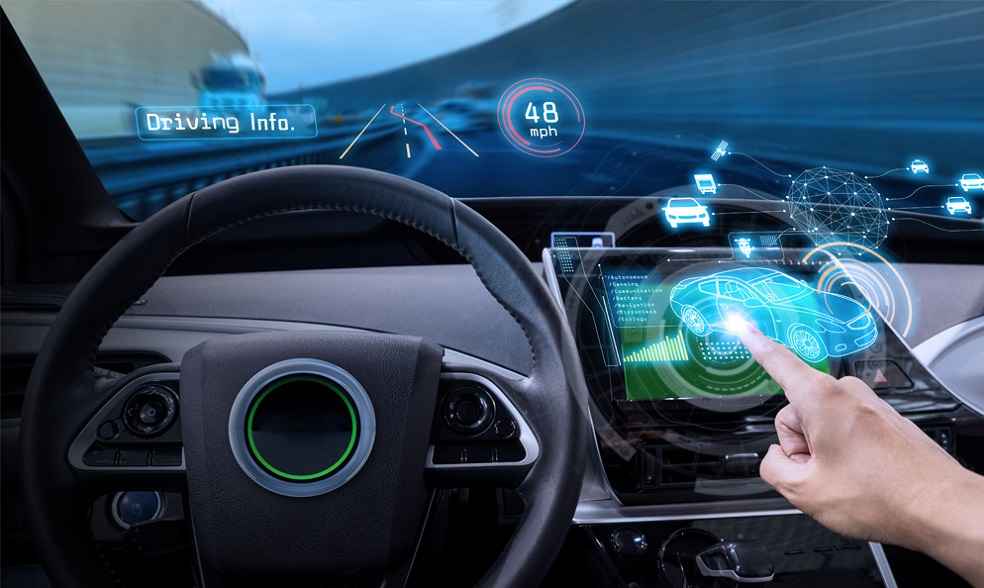The global automotive industry is witnessing a transformative shift as vehicle manufacturers accelerate towards electrification and autonomy. Modern smart vehicles have evolved significantly from their analogue predecessors, integrating advanced applications and sensors to enhance user experience and safety.
A prominent example of this evolution is the rapid growth of advanced driver assistance systems (ADAS). These systems utilise data from various sensors in real time to respond to potential hazards faster than human drivers. Features like adaptive light control and automatic emergency braking not only improve safety but also showcase the potential of autonomous decision-making in future vehicles.

The surge in in-car applications has resulted in an unprecedented increase in data generation and consumption. A study by Counterpoint Research predicts that by 2030, in-vehicle storage requirements will range from 2TB to 11TB, depending on the level of vehicle autonomy. This data is vital for ensuring safety, with artificial intelligence (AI)-powered cameras playing a significant role. These cameras can detect driver fatigue, distraction, or intoxication and take corrective actions, such as issuing alerts or notifying authorities.
To function effectively, such AI systems require extensive training with hours of relevant data. Consequently, vehicles not only generate data but also rely on it to improve safety and accuracy.
Autonomous vehicles, designed to make real-time decisions, depend on sophisticated storage solutions to manage data from numerous in-car sensors. Universal Flash Storage (UFS) and other embedded flash technologies are expected to become the standard for Level-3 to Level-5 autonomous vehicles. These solutions ensure rapid data extraction and processing, critical for achieving higher levels of autonomy.

Hybrid data management systems, combining cloud and edge storage, will play a pivotal role. On-vehicle storage solutions such as automotive-grade embedded flash drives, SD cards, and NVMe SSDs offer the necessary endurance, reliability, and performance for various automotive applications.
Western Digital, a leading data storage manufacturer, has developed innovative solutions like the iNAND AT EU552 UFS 3.1 embedded flash drives. The company is also among the first to achieve ASPICE CL3 certification, indicating a high maturity level in its data storage processes.
As vehicles become increasingly connected and intelligent, data is set to become the lifeblood of the automotive industry. According to Counterpoint Research, global connected car sales are projected to surpass 500 million units between 2024 and 2030, with full connectivity expected in all vehicles by the end of the decade.
GENERAL | Vietnam Auto Industry Thrives with EV Exports and Local Production





